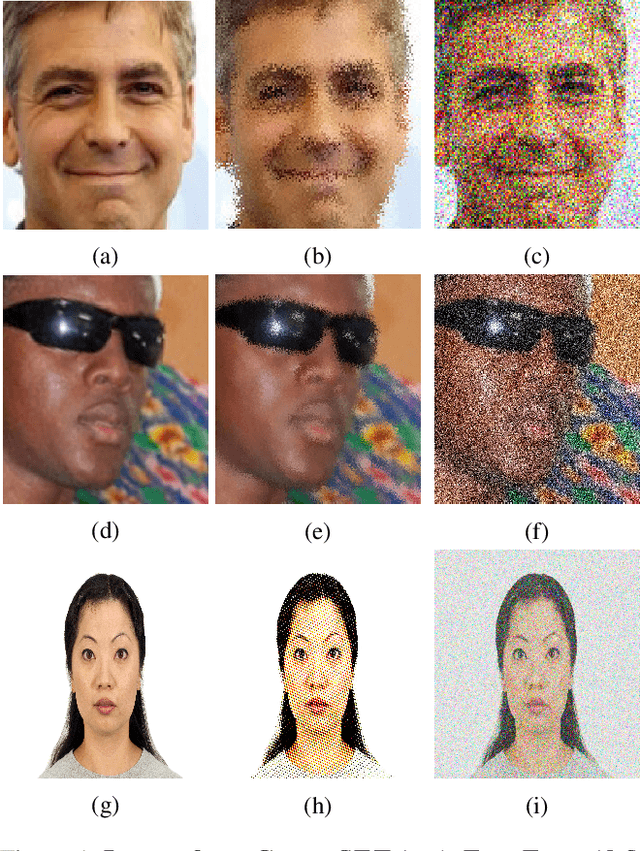Two-Face: Adversarial Audit of Commercial Face Recognition Systems
Paper and Code
Nov 17, 2021



Computer vision applications like automated face detection are used for a variety of purposes ranging from unlocking smart devices to tracking potential persons of interest for surveillance. Audits of these applications have revealed that they tend to be biased against minority groups which result in unfair and concerning societal and political outcomes. Despite multiple studies over time, these biases have not been mitigated completely and have in fact increased for certain tasks like age prediction. While such systems are audited over benchmark datasets, it becomes necessary to evaluate their robustness for adversarial inputs. In this work, we perform an extensive adversarial audit on multiple systems and datasets, making a number of concerning observations - there has been a drop in accuracy for some tasks on CELEBSET dataset since a previous audit. While there still exists a bias in accuracy against individuals from minority groups for multiple datasets, a more worrying observation is that these biases tend to get exorbitantly pronounced with adversarial inputs toward the minority group. We conclude with a discussion on the broader societal impacts in light of these observations and a few suggestions on how to collectively deal with this issue.
 Add to Chrome
Add to Chrome Add to Firefox
Add to Firefox Add to Edge
Add to Edge